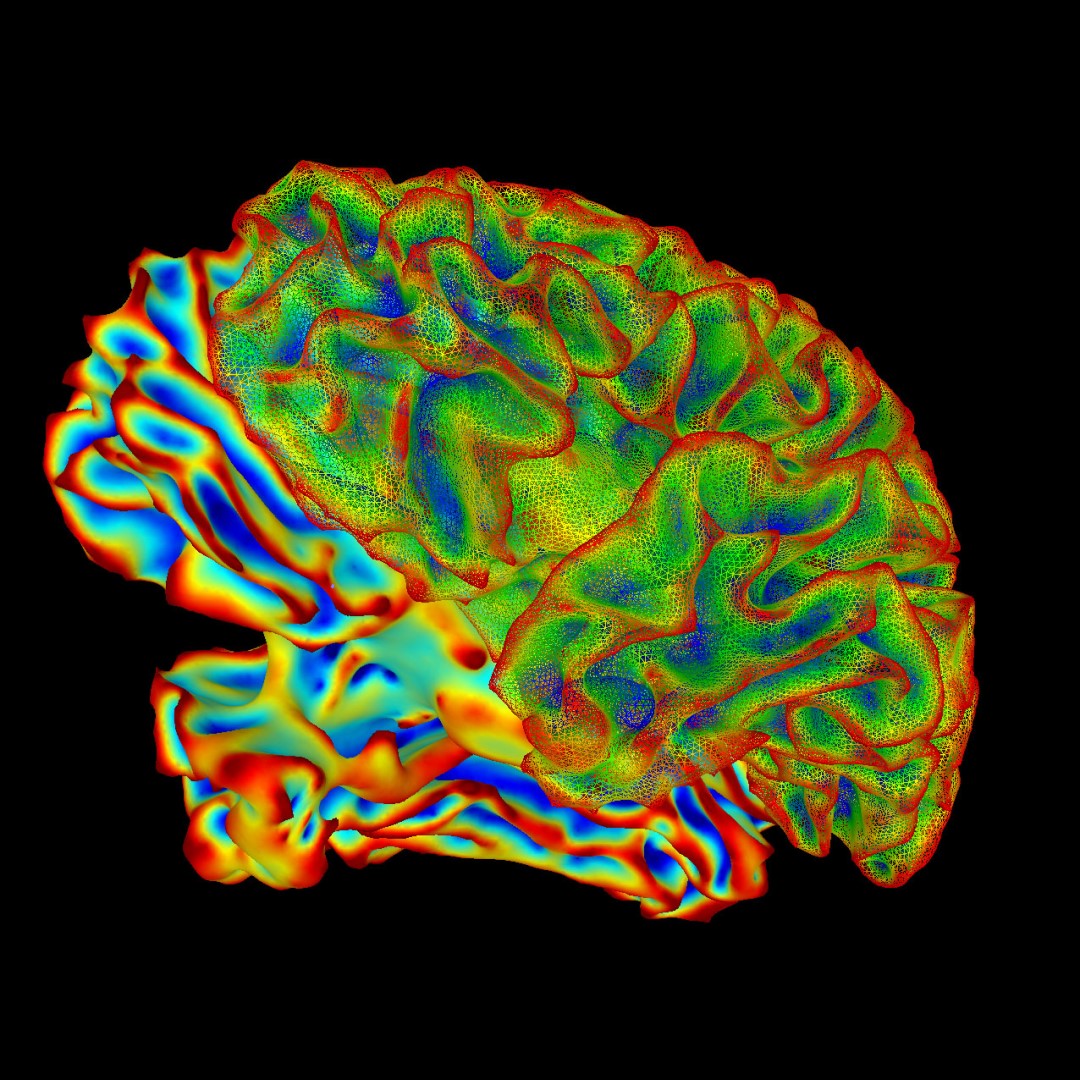
Complete brain activity map revealed for the first time
On Sept. 3, 2025, The International Brain Laboratory (IBL) researchers published their findings today in two papers in Nature, revealing insights into how decision-making unfolds across the entire brain in mice at the resolution of single cells.
This brain-wide activity map challenges the traditional hierarchical view of information processing in the brain and shows that decision-making is distributed across many regions in a highly coordinated way.
Professor Alexandre Pouget, Co-Founder of IBL and Group Leader at the University of Geneva, added: “This is the first time anyone has produced a full, brain-wide map of the activity of single neurons during decision-making. The scale is unprecedented as we recorded from over half a million neurons across mice in 12 labs, covering 279 brain areas, which together represent 95% of the mouse brain volume. The decision-making activity, and particularly reward, lit up the brain like a Christmas tree.”
Professor Matteo Carandini (UCL Institute of Ophthalmology), also one of the core members of IBL and co-author on both papers, said: “It’s immensely gratifying to see the IBL deliver the first brain-wide map of neural activity with such high spatial and temporal resolution. The map describes the activity of over 650,000 individual neurons with single-spike resolution. This activity underlies the brain’s sensory and motor activity that constitutes a decision. The map is a fantastic resource that is already being mined by myriad scientists and yielding unexpected discoveries. It’s a great success for team science and open science.”
Looking ahead, the team at IBL plan to expand beyond their initial focus on decision-making to explore a broader range of neuroscience questions. With renewed funding in hand, IBL aims to expand its research scope and continue to support large-scale, standardised experiments. As per the IBL model, it will continue to share its tools, data pipelines and platforms with the global scientific community to democratise and accelerate science and enhance data reproducibility.
Tags:
Source: University College London
Credit:
